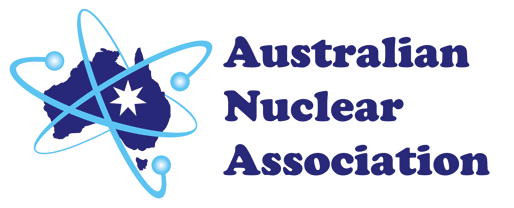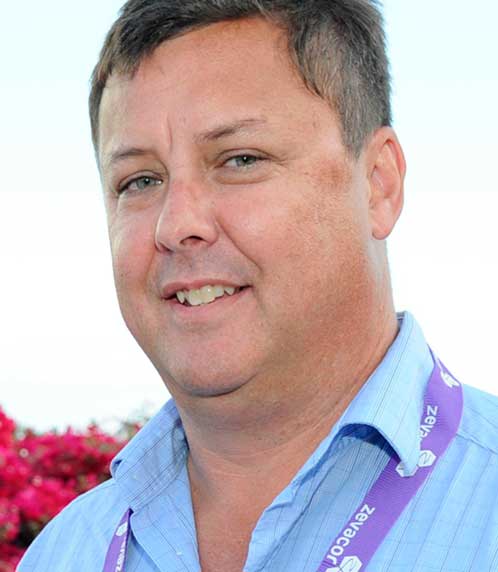The Shifting Landscape of Nuclear Medicine: Innovations Changing Tomorrows Practice
Speaker: Prof Geoff Currie, AM, Professor in Nuclear Medicine, Charles Sturt University.
Webinar hosted by ANA.
12 noon AEST, Wednesday 2 July 2025.
To see video of this presentation go to https://youtu.be/0YiBhfJX6FU
Abstract
Nuclear medicine is synonymous with innovation and while the foundation principles of diagnostic and therapeutic nuclear medicine remain consistent, applications continue to evolve. These glacial-pace adjustments to the landscape are inter-generational and tend to go unnoticed (eg. developments in detector technologies, hybrid imaging, new radiopharmaceuticals). There are, however, a number of transformational innovations producing seismic shifts in the nuclear medicine landscape, in particular artificial intelligence (AI) and theranostics, that drive noticeable change in the nuclear medicine ecosystem.
Radioligand theranostics is a recent term for long established nuclear medicine practices. There are a number of challenges and opportunities in the realisation of precision medicine through radioligand theranostics. Radioligand theranostics weaponised in cancer management through advances in instrumentation and radiochemistry is transforming the nuclear oncology landscape.
Advances in computing technology, radiochemistry and instrumentation synergize with developments in AI. There is a wide array of applications of AI in nuclear medicine that have translational benefits to nuclear medicine; radiation dosimetry, attenuation correction, artefact and noise reduction, enhanced workflow, and lesion characterisation, segmentation and quantitation among a more extensive list. Generative AI has also emerged as a powerful tool to support decision making, disseminating information and medical image analysis.
About Prof Geoff Currie, AM
BPharm, MMedRadSc(NucMed), MAppMngt(Hlth), MBA, PhD
Professor in Nuclear Medicine, Charles Sturt University, Wagga Wagga, Australia
Professor in Radiology (Adjunct) | Baylor College of Medicine, Houston, USA
Prof Currie started his career in nuclear medicine in 1986 at St Vincent’s Hospital in Sydney and has worked clinically at Royal Prince Alfred Hospital in Sydney, University of California, Los Angeles and several private departments. In 2002, Geoff took up an academic appointment at Charles Sturt University with teaching and research interests across nuclear medicine, radiopharmacy, medical physics, nuclear science and safety, and artificial intelligence. Prof Currie has current research collaborations at Stanford University, University of California Davis, Baylor College of Medicine, Greater Poland Cancer Centre, National University Hospital in Singapore and TeleMed. He has more than 230 peer reviewed journal papers, 200 conference presentations, 100 invited speaker presentations, 3 books, 7 chapters in other books, 11 research excellence awards and more than $7620000 in grant funding. He has provided numerous Government and private consultancies across the nuclear fuel cycle from mining, through production and safety to waste management. He leads the development and delivery for the Bachelor of Medical Radiation Science (Nuclear Medicine and Molecular Imaging), Bachelor of Nuclear Science and Safety, the Graduate Certificate of Nuclear Safeguards and Security, and a suite of 4 nuclear micro-credentials offered at Charles Sturt University.


